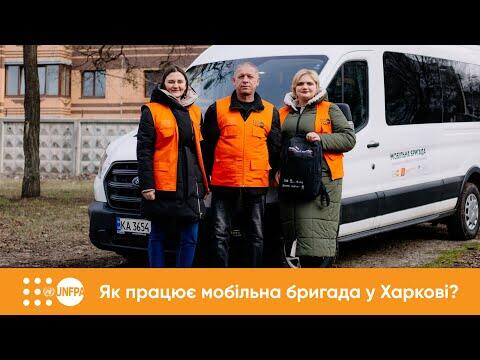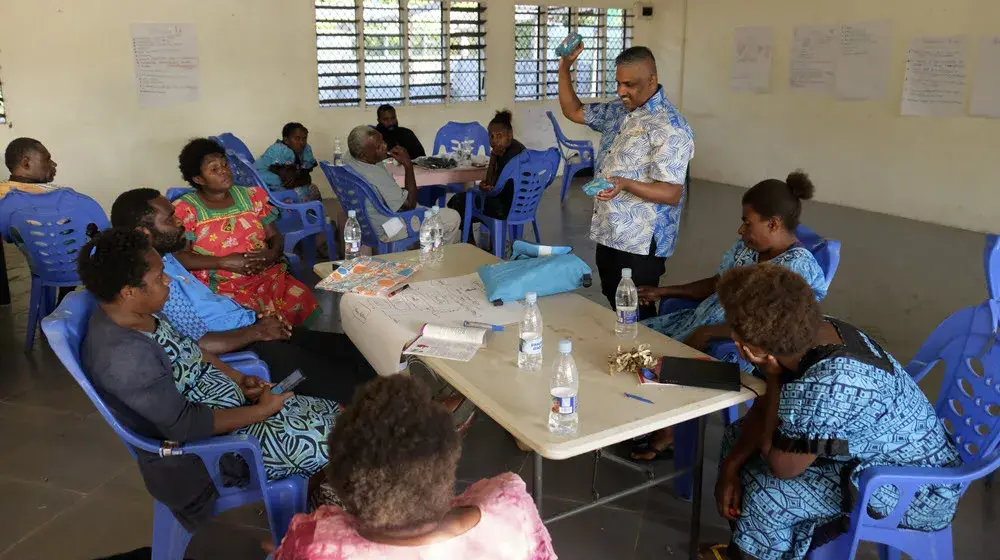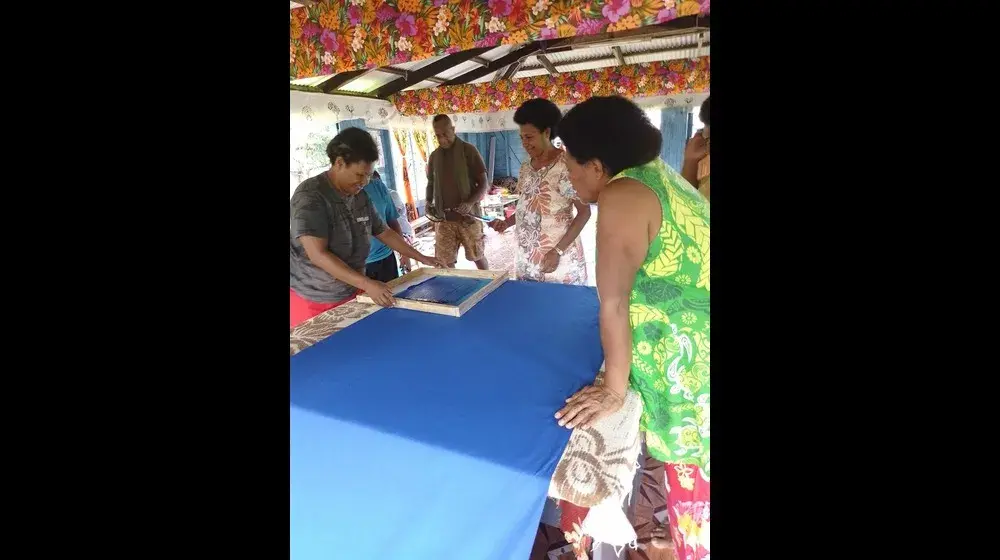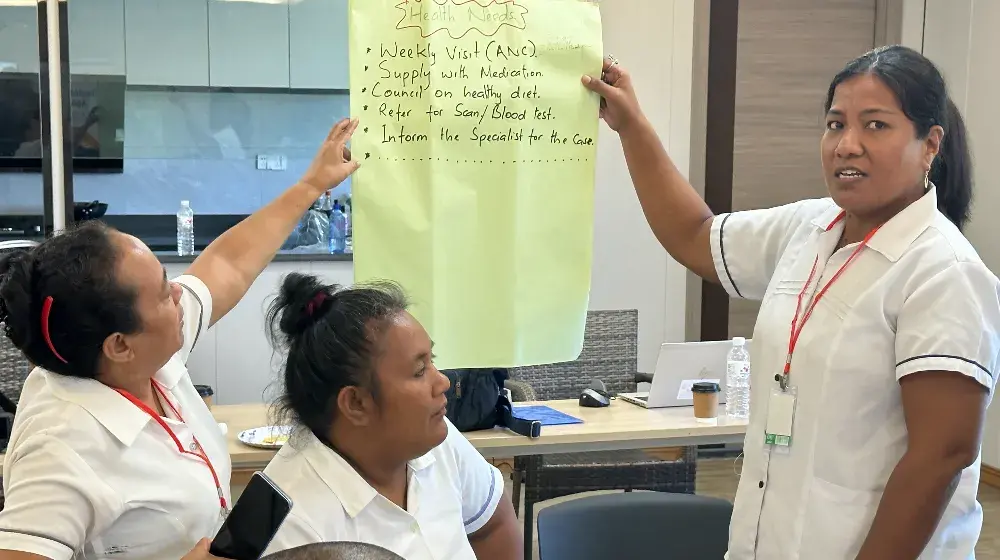NUKU'ALOFA, Tonga - “Emergencies affect people differently, especially women, girls, and those with disabilities. We must consider their unique experiences when preparing for and responding to disasters,” said H.E. U.S. Ambassador Marie C. Damour during her recent visit to the Pātangata community in eastern Nuku'alofa, Tonga. Ambassador Marie C. Damour talked with adolescent girls, who benefited from the first-ever mobile “Women and Girls Friendly Space” set up by the United Nations Population Fund (UNFPA) following the unprecedented “Triple Disaster” that severely impacted the country two years ago.
In January 2022, the nation faced the devastating Hunga Tonga-Hunga Ha'apai Volcano eruption and a massive tsunami, exacerbated by the COVID-19 pandemic outbreak. Pātangata, one of the hardest-hit areas, experienced significant disruptions in basic services, including sexual and reproductive health care and protection from violence, escalating vulnerabilities for women, girls, and disabled persons.
In response, the Tongan government, with support from UNFPA, prioritized the needs of those affected by establishing mobile “Women and Girls Friendly Spaces” (WGFS) in partnership with local NGOs like the Talitha Project and the Tonga National Youth Congress. This initiative, a first in Tonga’s emergency response history, provided essential support such as 'Dignity Kits' and 'Menstrual Hygiene Management Kits' to women and girls. UNFPA also facilitated access to reproductive and maternal health care, psychosocial support, and referral services by deploying medical professionals and counselors to the WGFS.
The comprehensive support funded generously by USAID’s Bureau for Humanitarian Assistance, and also through UNFPA Pacific’s Transformative Agenda programme supported by the Australian government, reached nearly 2,000 women and girls, about 80 per cent of those directly affected by the disaster. During a gathering at the Assembly of God Church compound, where the UNFPA-supported Women and Girls Friendly Space operated, adolescent girls shared their experiences, expressing feelings of safety, recognition and empowerment.
Ambassador Marie C. Damour and UNFPA Pacific Director Iori Kato distributed menstrual hygiene management kits to 53 teenage girls and the Talitha Project team, highlighting the role of WGFS not only as a distribution center for relief items, but also as a safe haven for women and girls to find comfort, solidarity, and empowerment. Kato expressed profound gratitude to the U.S. Government for its enduring support, enhancing UNFPA's capacity for emergency preparedness and response in the Pacific.

For more information about UNFPA’s humanitarian assistance in the Pacific or country programme in Tonga, please contact:
Ana Maria Leal, UNFPA Pacific Humanitarian Coordinator, leal@unfpa.org
Mele Katea Paea, UNFPA Head of Tonga Country Office, paea@unfpa.org





